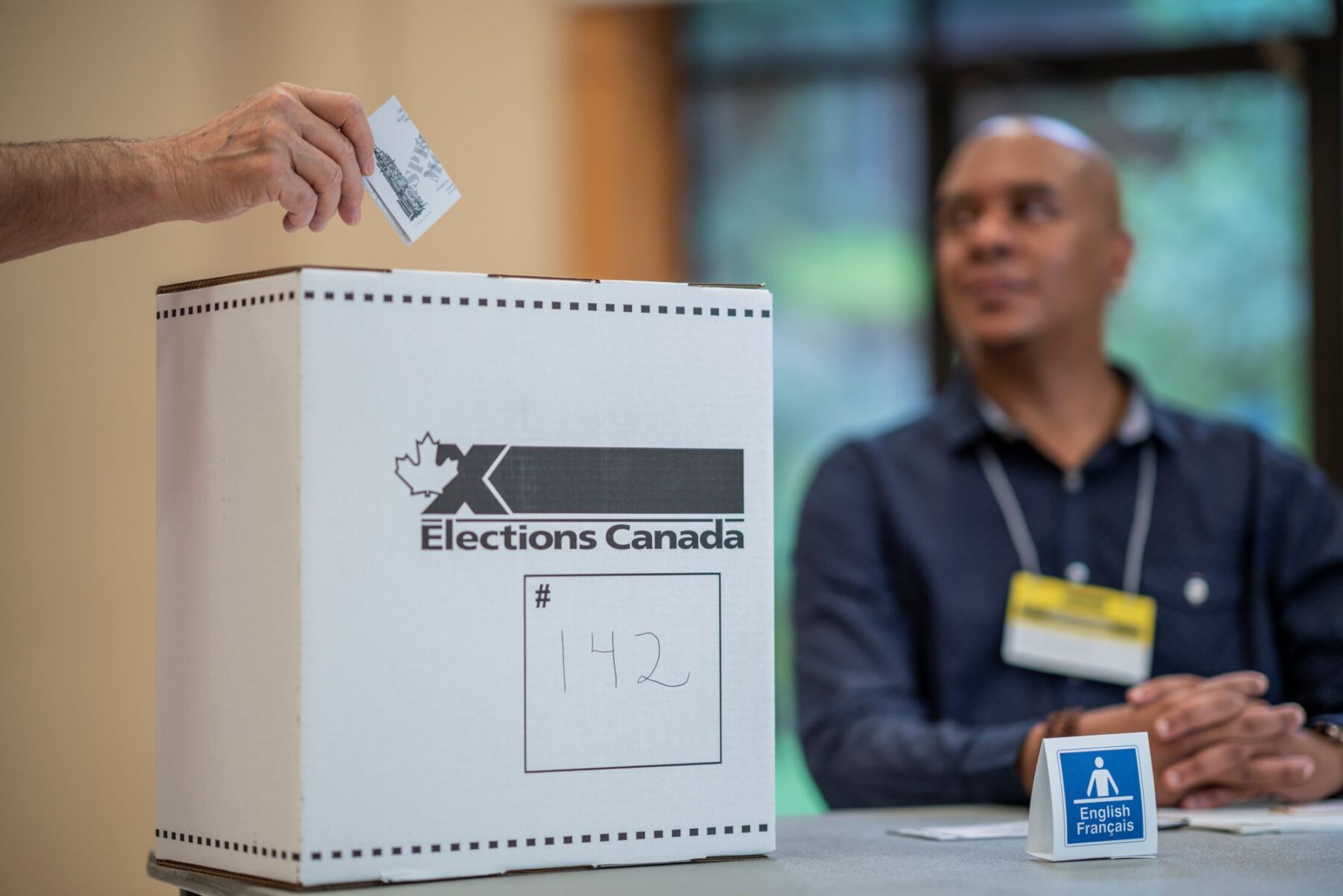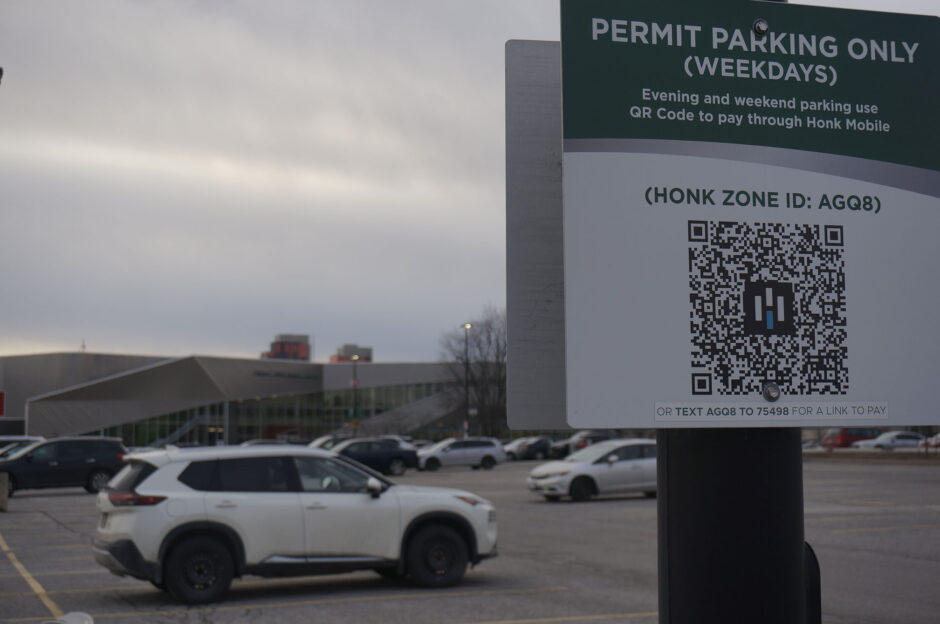Federal election: 15 things you need to know about the upcoming vote

With the 45th federal election around the corner, Algonquin Times reporters compiled answers to some questions you might have before casting your vote.
When is the federal election?
Election day is April 28, 2025. Check your local polling stations to know when polls open and close that day.
How long is the election campaign?
According to election law, election campaigns must be at least 37 days long and not surpass 51 days.
This time around, the campaign is the shortest allowed — 37 days.
Who can vote?
According to Elections Canada, you can vote if you are: 18 years and older, a Canadian citizen and can prove your identity and address.
How can I vote and what important dates should I know?
There are multiple ways to vote:
- On election day on April 28 at your local polling station
- On advance polling days at your local polling station from April 18 to April 21 from 9 a.m. to 9 p.m.
- Early voting at the 500 Elections Canada offices around the country by April 22 at 6 p.m. The offices are open seven days a week at various hours.
- Voters can mail their votes by applying for a mail-in kit on Elections Canada’s website by April 26, 6 p.m. EDT. Voters will receive their ballots by around April 11. The mail-in ballots must be received by Elections Canada by April 28, election day.
- The deadline to register to vote is April 22.
What do I need to vote?
When going to vote in-person, you must prove your identity and address through one of four options:
- Bringing your voter registration card
- Any piece of government-issued ID including your photo, address and name
- Two pieces of government-issued ID including either photo, address or name
- For voters with no ID, you can vote if you declare your identity and address in writing and have a voucher who is assigned to the same polling station. The voucher must be able to prove their identity and address.
How do I register to vote?
You can register to vote through the Online Voter Registration Service by April 22 or in person at your local Elections Canada office by April 22, or at your assigned polling station on election day or advance polling days.
What if I didn’t register in time?
You can still vote if you are not registered to vote. Simply arrive at the polling station with two pieces of identification with your name and address.
Who are the leaders of Canada’s main federal political parties?
- Liberal Party of Canada — Mark Carney
- Progressive Conservative Party of Canada — Pierre Poilievre
- New Democratic Party of Canada — Jagmeet Singh
- Bloc Québécois — Yves-François Blanchet
- Green Party of Canada — Elizabeth May and Jonathan Pedneault
- People’s Party of Canada — Maxime Bernier
Where can I find more information about my riding in Ottawa?
The Algonquin Times has information on every Ottawa riding. Read more here.
What riding is Algonquin College in?
Algonquin College’s Ottawa campus is located in Ottawa West-Nepean.
When are the leadership debates?
As of writing, there are two debates scheduled, one in French and one in English. Both debates are held at the Maison de Radio-Canada in Montreal. The French debate will be aired on April 16 at 9 p.m. EDT. The English debate will be aired on April 17 at 7 p.m. The debates will be aired across the country. Omni TV will be translating both debates in Mandarin, Cantonese, Punjabi, Tagalog, Arabic and Italian.
Why are we having an election?
By law, Canada was required to have a federal election no later than Oct. 20 of this year.
Justin Trudeau stepped down as prime minister after Liberals elected Mark Carney as their new party leader in March. Carney asked Governor General Mary Simon to dissolve Parliament on March 23, kicking off the snap election campaign.
How are votes counted?
After polling stations close on voting day, election officers begin opening ballot boxes and counting the votes. All ballots are then returned to the returning officer, where a riding will announce a winner.
In cases where votes are too close to call, the ballots will be recounted and supervised by a judge.
Results will be publicly released by Elections Canada.
What is the federal government responsible for?
Canada’s federal and provincial governments have separate responsibilities.
Federal responsibilities include national security, the economy, trade, citizenship, Indigenous affairs, criminal law and other federal legislation.
Provincial governments may be responsible for transportation, health, provincial taxes and municipalities.
What are the ballot box questions?
According to a poll by Abacus Data released on March 25, reducing the cost of living, dealing with the U.S. administration and improving Canada’s healthcare system were the most pressing issues to Canadian voters.
Kevin Clasper-Inglis, Ernest Ko and Vasileios Tselios contributed to this story.








